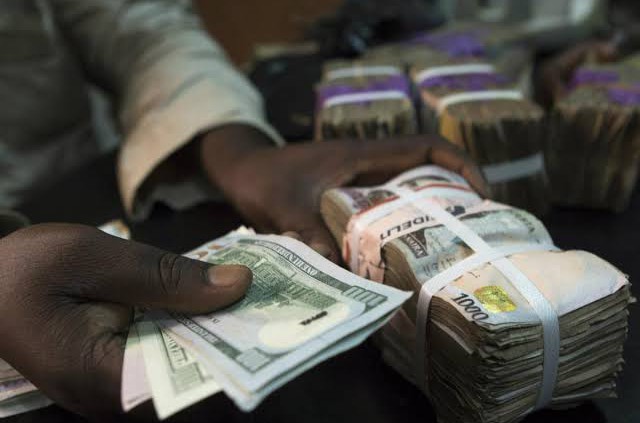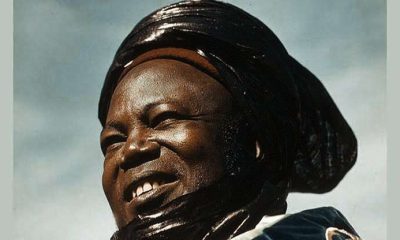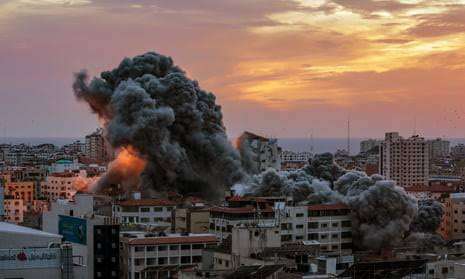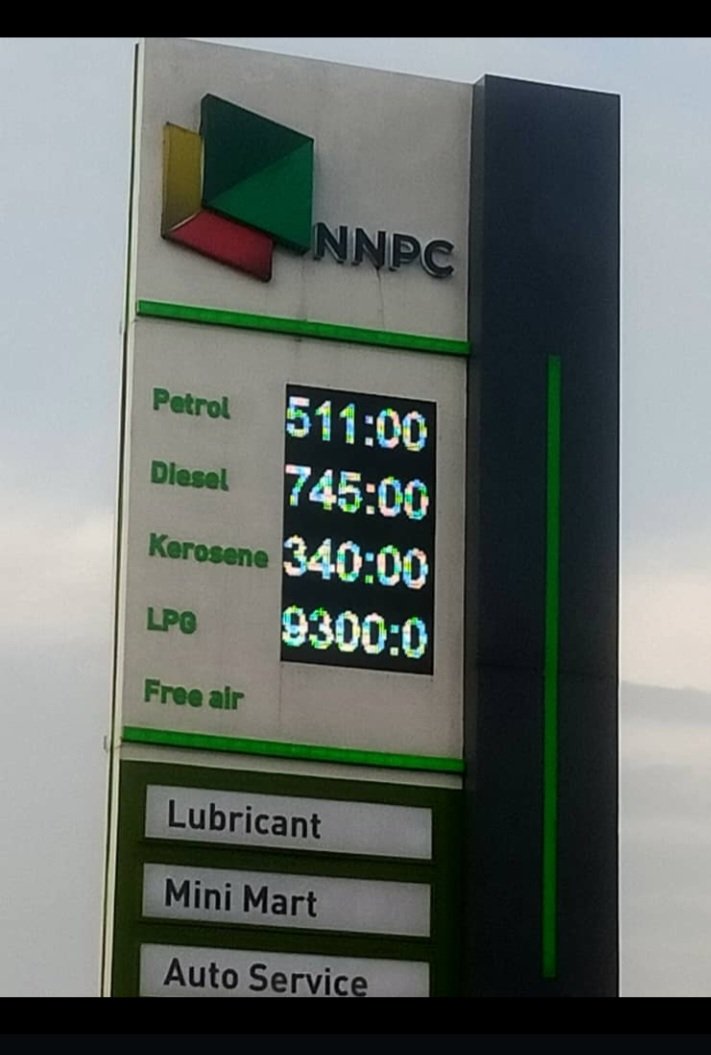Op-Ed.
Addressing naira’s worsening exchange rate

The APC-led Federal Government appears to have missed it’s way in the management of the economy, in general and the currency, in particular, which step has resulted in the free fall of the Naira. And there are no signs that it is about to repent. It seems to take cues from textbooks, the IMF/World Bank directions, without regard for our market peculiarities.
At Business Hallmark, it is our view that a non-competitive, unproductive and largely unpatriotic society, does not embark on unguarded price liberalization without sufficient consideration of the effects. We believe that it was a huge mistake to float the Naira presumptively, without addressing fundamental issues – just like the mistake of removing the fuel subsidy without any measures to alleviate the consequent hardship on the populace.
As we postulated in the past, it may be that, in floating the Naira, the government intended to end the era of multiple exchange rates and arbitrage (riddled with corruption) but it failed to reckon that the problem is not exchange rate duality, per se, but its bastardization by the authorities and their collaborators in the private sector. It also failed to reckon that the demand for foreign currencies is inelastic among Nigerian wealthy class and launderers of illicit funds.
Whereas this newspaper believes in free market, we also recognize that ours is not the regular free-flow, open market, especially in the forex sector.
Moreover, the foundations – from security to education, power and infrastructure and so on – for substantial domestic production and import substitution, no longer exist and will take time to be rebuilt. Furthermore, the remaining source of foreign currency has been drastically compromised by crude oil theft and unparalleled debt service. At the same time, Naira floating has compounded spiraling inflation from fuel subsidy removal and insecurity to further cripple domestic output of goods and services.
There is also the cultural angle, which is more frustrating. While Nigeria is facing extreme negative cash-flow and sundry demand pressures, the government is expanding expenditure, given the unwieldy size of the presidency and the cabinet, and the non- essentials in the supplement budget that may have cost it huge political capital. It is not taking the imperative first line of defence demanded by the situation, including the plugging of leakages in the flow of revenues, cost minimization and expenditure control that makes matters worse.
Nigeria is already in the debt trap, where it must continue to borrow in order to ‘breathe’ and cannot finance capital expenditure by which the economy grows. Total public revenue is now insufficient to service public debt. Yet, most painfully, the government is not just borrowing to balance the budget, but also to support the ostentatious demand of political office holders.
Nigeria’s most critical need today is how to tackle insecurity to promote agriculture and food security, ensure price stability to revive industrial production, and to fight poverty with fanatical zeal. Government is already doing some of these and should not relent.
Its idea of further external borrowing to stabilize the Naira should be avoided to give the economy a breather. You cannot stabilize the Naira without addressing the underlying issues, no matter the amount borrowed. Worse still, it amounts to eating up tomorrow, postponing the evil day and deepening the debt trap. We should have learnt from Venezuela and others.
It cannot be over-emphasized that, without addressing these drawbacks, to unleash the supply side, there may be no wedge to the free fall of the floated Naira and it may be difficult to achieve a convergence of rates. As at November 10, 2023, it was about N800 to the USD in the official market and almost N1200 to the USD in the parallel market – a spread of about 50 percent. In the 1970s and 1980s, it was about 80 Kobo to the USD and nobody heard of the parallel market, which speculative activities will continue to worsen rate of the Naira.
This newspaper believes that only a cultural change, coming on stream of refineries, more productive output and increased export of crude oil, plugging of leakages in the flow of revenues, austerity measures in public expenditure among others, are low hanging fruits, together with sustained measures to improve enabling business environment, can change the fortune of the Naira.
The fate of the currency is reflective of the degree of value added to human and natural resources – by processing them upward from the raw form, for greater returns. You cannot have currency stability or appreciation when almost everything is antithetical to value-addition.
Production is rooted in constructive education and socialization, fair play, healthy competition, rule of law, policy consistency, technology and other enablers. On all these counts, Nigeria’s score is very poor. Also unbanning the 43 import items may look good in international trade, but will affect domestic production and naira exchange rate ultimately. This government has its work cut out for it and it should do the basic needful.










